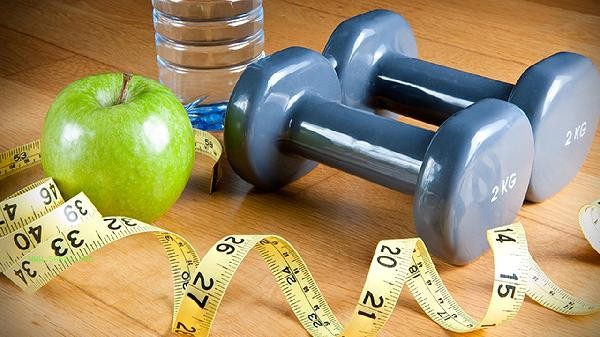The three meals a day for scientific weight loss should follow the principles of low calorie, high nutrition, and regular eating. The main combination is high protein breakfast+compound carbohydrates, balanced lunch+moderate staple food, and light low-fat dinner+high fiber.

1. Breakfast matching:
Breakfast should contain high-quality protein and complex carbohydrates. It is recommended to choose boiled eggs, sugar free soybean milk or low-fat milk with whole wheat bread, oatmeal and other slow digestion staple foods. Adding a small amount of nuts can supplement healthy fat and avoid fried foods and refined sugars. Protein intake can prolong satiety, and compound carbohydrates can stabilize morning blood sugar fluctuations.
2. Lunch combination:
Lunch should ensure a balance of protein, dietary fiber, and an appropriate amount of carbohydrates. Recommend pairing lean meat such as steamed fish and chicken breast with dark vegetables such as broccoli and spinach, and choosing coarse rice or sweet potatoes as the main course. Pay attention to controlling the amount of cooking oil and use cooking methods such as cold mixing and steaming. It is recommended to have soup before vegetables, and finally consume staple food and protein.
3. Dinner arrangement:

Dinner should mainly consist of easily digestible protein and dietary fiber, such as tofu, mushrooms, and green leafy vegetables. Low GI staple foods such as quinoa or pumpkin can be consumed in small amounts. Avoid high-fat foods and excessive carbohydrates, and finish eating 3 hours before bedtime. Metabolism slows down at night, and overeating can easily be converted into fat accumulation.
4. Meal Options:
A healthy snack can be arranged between meals to prevent excessive hunger. We recommend sugar free yogurt, low sugar fruits, or a small amount of original nuts. Extra calorie intake should be controlled at 100-150 calories, avoiding high sugar snacks such as cookies and cakes. Regular meals can maintain metabolic activity and prevent overeating during regular meals.
5. Drinking water management:
Drinking 2000-2500 milliliters of water daily and 300 milliliters of warm water 30 minutes before meals can reduce food intake. Avoid sugary drinks and alcohol, and choose non calorie drinks such as light tea and lemonade. Adequate hydration promotes metabolic circulation, helps break down fat, and alleviates constipation during weight loss.

During weight loss, it is necessary to adhere to the principle of balanced nutrition for a long time and avoid extreme dieting that can lead to a decrease in basal metabolism. It is recommended to schedule a moderate indulgence meal once a week to maintain psychological comfort, while also engaging in 150 minutes of moderate intensity exercise per week. Regular monitoring of changes in body fat percentage is more meaningful than simply focusing on weight. If discomfort symptoms such as dizziness and fatigue occur, dietary adjustments should be made in a timely manner or a nutritionist should be consulted. Developing a habit of chewing slowly and eating regularly and in moderation can help establish a sustainable and healthy lifestyle.




Comments (0)
Leave a Comment
No comments yet
Be the first to share your thoughts!